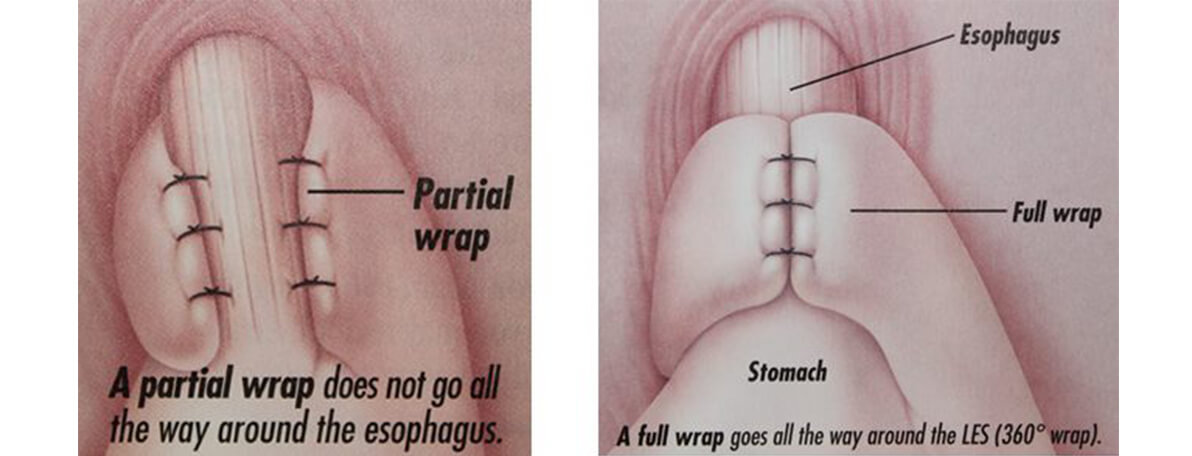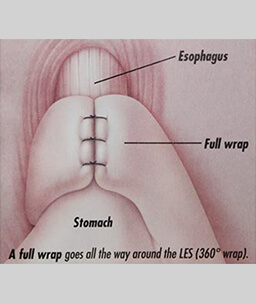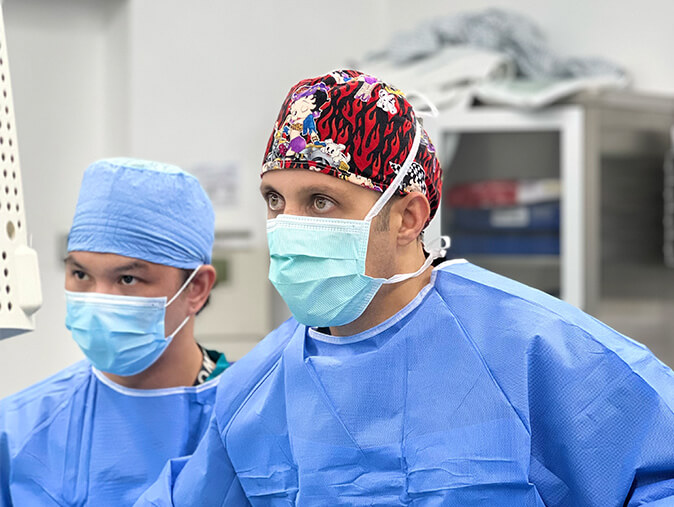What Is Antireflux?
Anti-reflux surgery is a treatment for acid reflux, also known as GERD (gastroesophageal reflux disease). GERD is a condition in which food or stomach acid comes back up from your stomach into the esophagus. The esophagus is the tube from your mouth to the stomach.
Reflux often occurs if the muscles where the esophagus meets the stomach do not close tightly enough. A hiatal hernia can make GERD symptoms worse. It occurs when the stomach bulges through this opening into your chest.
Symptoms of reflux or heartburn are burning in the stomach that you may also feel in your throat or chest, burping or gas bubbles, or trouble swallowing food or fluids.


How It Works
If the operation is being carried out for the first time, it is nearly always achieved using keyhole techniques (laparoscopic surgery). Compared to open surgery, which involves a larger incision, the laparoscopic method leads to a speedier recovery and less post-operative pain.
Most patients have a hiatus hernia associated with their reflux disease and repair of this hernia is undertaken at the same time as anti-reflux surgery. The hernia sac is pulled down from the chest and stitched so that it remains within the abdomen. Additionally the opening in the diaphragm, through which the oesophagus passes from the chest into the abdomen, is tightened.

BOOK Now
Make An Appointment
-

80026763
Contact Dr. Samir if you have any questions
-

Visit
02 Jumeirah Beach Rd - opposite Burj Al Arab - Umm Suqeim - Jumeirah 3 - Dubai
Opening Hours:
9am-9pm (Saturday- Thursday)
9am-6pm (Saturday)





